(find relief during allergy season)
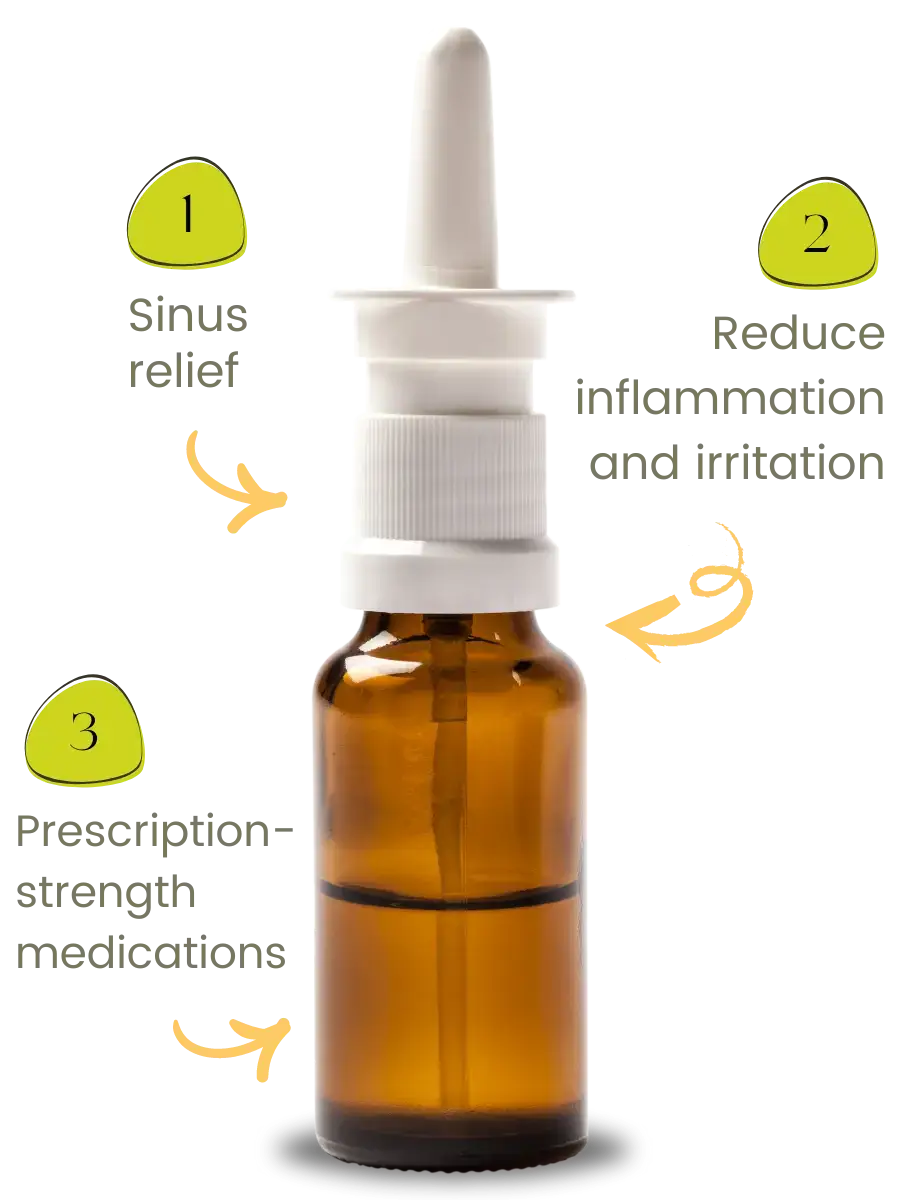
ENT is a specialized medical field focusing on symptoms above the shoulders, excluding the eyes, brain, and teeth. If you experience persistent symptoms that over-the-counter remedies cannot alleviate, consulting an ENT doctor might be necessary.
Common symptoms for ENT include:
ENT doctors specialize in identifying and treating infections and other underlying issues that could pose more severe health risks.
Yes.
Compounding allows flavor-masking of antibiotics for children and gentler ear-drop formulations.
Yes.
Tetracaine is a prescription-only local anesthetic. Even compounded forms, such as lollipops, require a valid prescription from a licensed healthcare provider.
For patients unresponsive to standard allergy sprays, compounding allows preservative-free formulations that exclude irritants like benzalkonium chloride.
Ingredients may include antihistamines, corticosteroids, or mast cell stabilizers tailored to individual sensitivities.
Yes.
Sterile saline rinses can be compounded without preservatives and enhanced with xylitol to disrupt biofilms. Budesonide is sometimes added for inflammation.
Prescriptions should specify:
ENT specialists can diagnose and treat a variety of conditions, including but not limited to:
Consulting an ENT doctor can help identify these conditions early and provide effective treatment options to improve your quality of life.
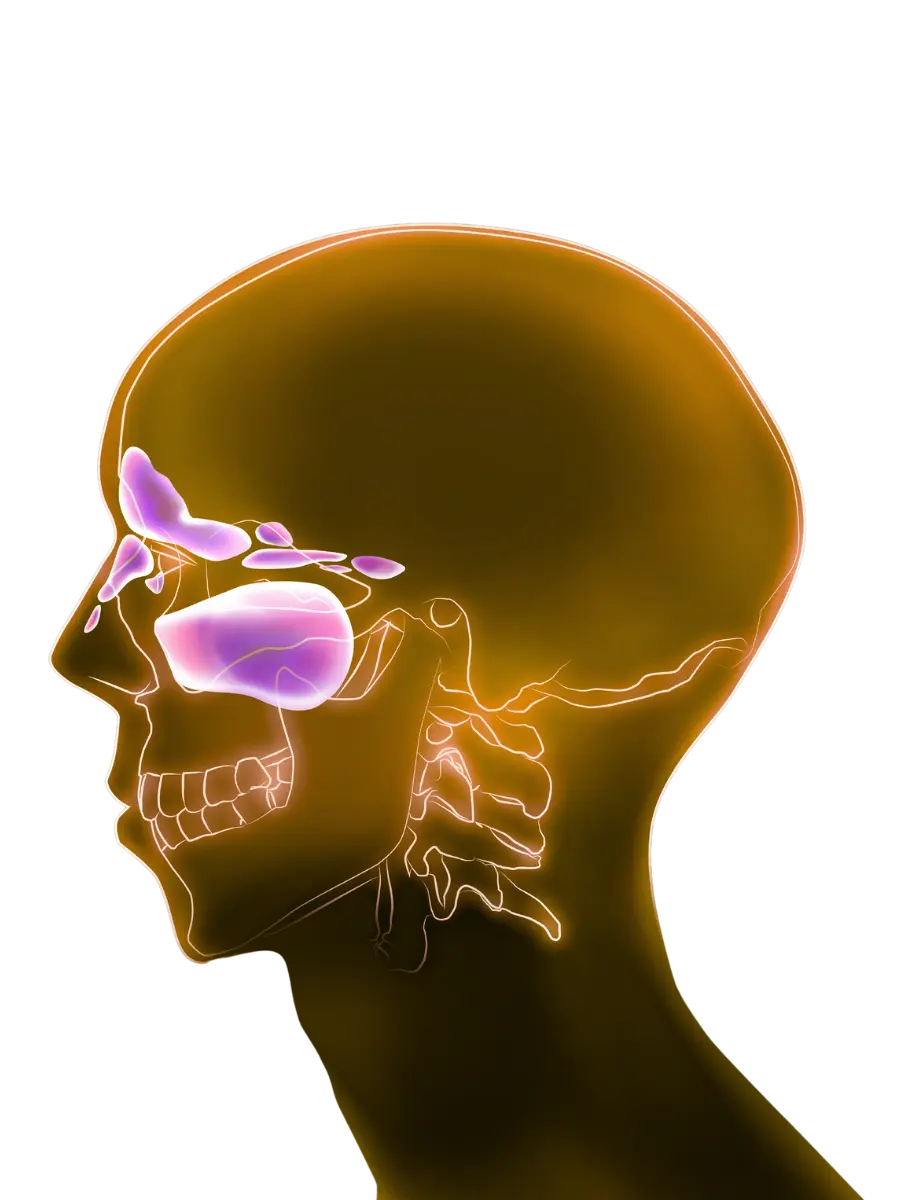
ENT specialists deal with a wide range of illnesses affecting the head area of the body. Treating these symptoms can vary based on the severity and cause. Here’s how we approach ENT issues:
For mild symptoms, over-the-counter products can be quite effective. Common OTC treatments include:
These remedies are suitable for temporary relief and minor ailments. However, if symptoms persist or worsen, stronger interventions are needed.
When infections become more severe and difficult to treat, prescription medications are often necessary to provide the desired relief. Prescription options may include:

Tetracaine lollipops are a popular and effective solution for managing oral pain. Tetracaine is a potent topical anesthetic that numbs the mouth and throat, relieving discomfort.
These lollipops are especially useful for post-procedure relief, such as after a tonsillectomy, making the recovery process more comfortable. The lollipop form makes administration easy, particularly for children who may resist other medication types.
We keep tetracaine lollipops readily available, ensuring you can access this effective pain relief when needed.
Budesonide is excellent for sinus relief. This anti-inflammatory medication can be applied through a nasal spray to reduce symptoms of:
Additionally, budesonide can be used in inhalers to help manage asthma symptoms and relieve those with respiratory conditions.
Mupirocin helps treat certain skin conditions caused by bacterial infections.
This medication can be formulated into a topical cream that is applied directly to the skin.
Additionally, a different mupirocin ointment can be developed specifically to eliminate bacteria in the nose, providing versatile treatment options.
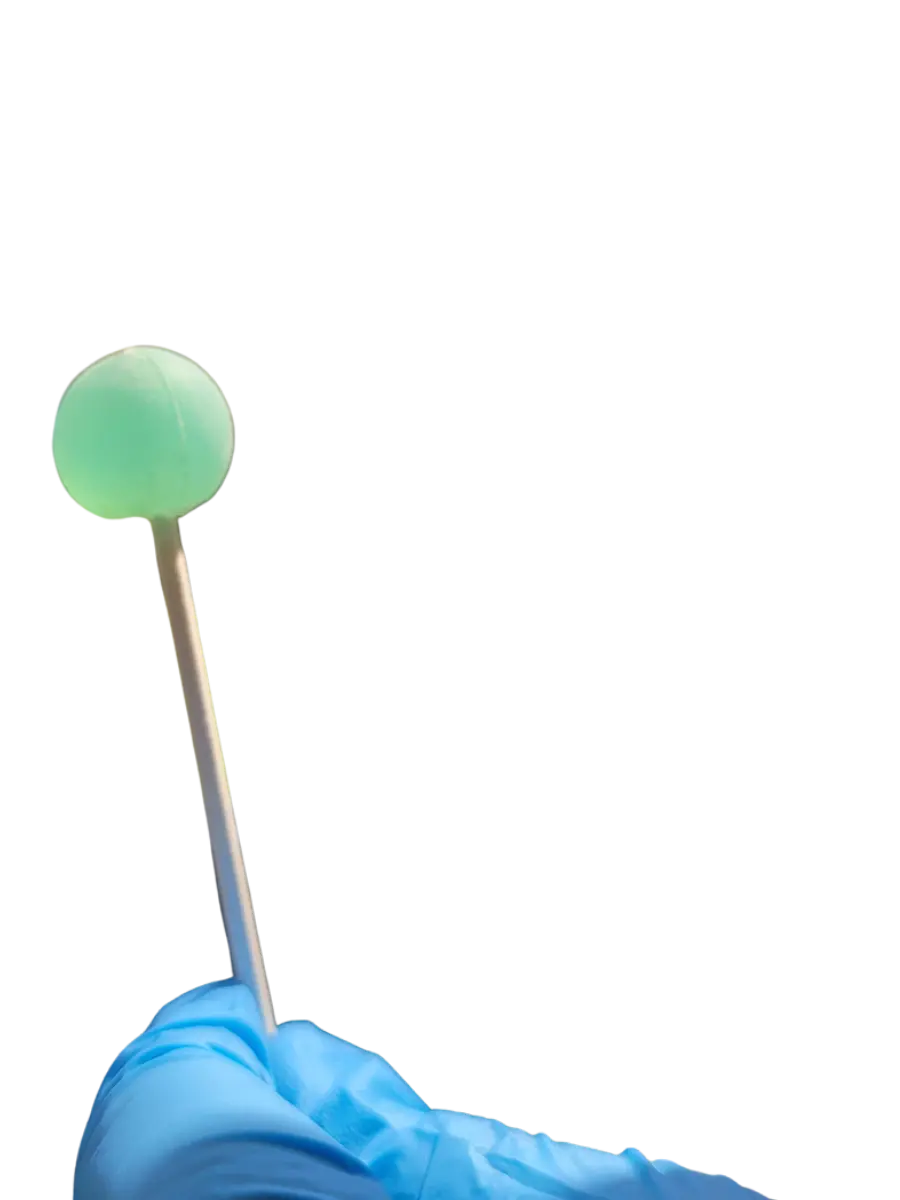
Seasonal allergies can make life difficult, bringing on congestion, sneezing, and sinus pressure that disrupt your day. Customized nasal sprays provide a more robust approach than over-the-counter products.
These sprays combine specific ingredients, such as antibiotics, steroids, or antifungals, to match your unique symptoms.
Antibiotics like Gentamicin or Levofloxacin can help clear bacterial sinus infections, while steroids like Budesonide reduce inflammation and improve breathing. For those dealing with fungal-related sinus issues, antifungals like Amphotericin B can target the root cause when other treatments aren’t effective.
Some sprays also include Loxasperse, a delivery agent that helps the medication absorb more efficiently in the nasal passages, ensuring better coverage and longer-lasting relief.
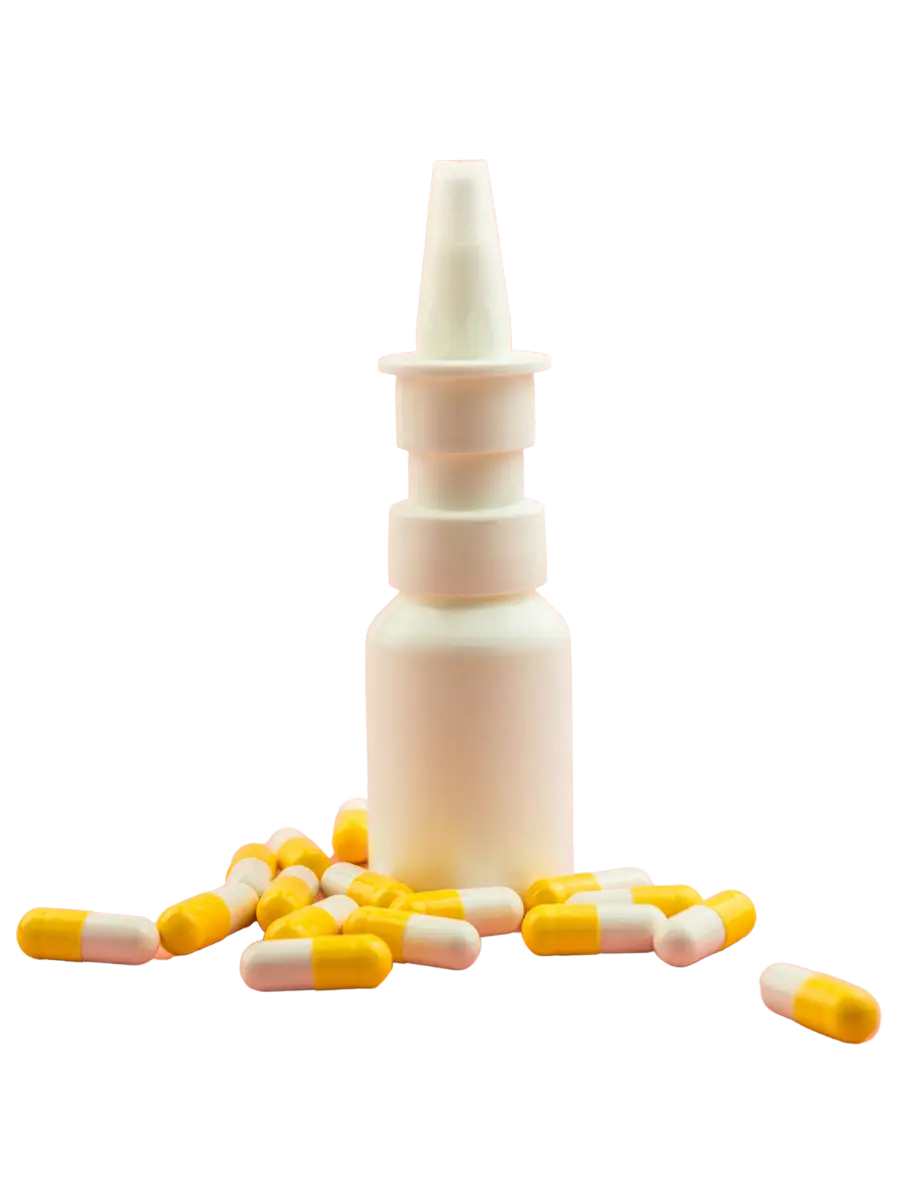
A tonsillectomy is the procedure used to remove tonsils.
Tonsils are located in the back of the mouth, preventing bacteria and viruses from entering the body through the mouth and throat. Infected tonsils can cause:
If your tonsils are too frequently infected, you may require a tonsillectomy. Recovery time after this surgery can take 10 days to 2 weeks!
Your local compounding pharmacy has excellent solutions to help reduce the pain during this recovery period.
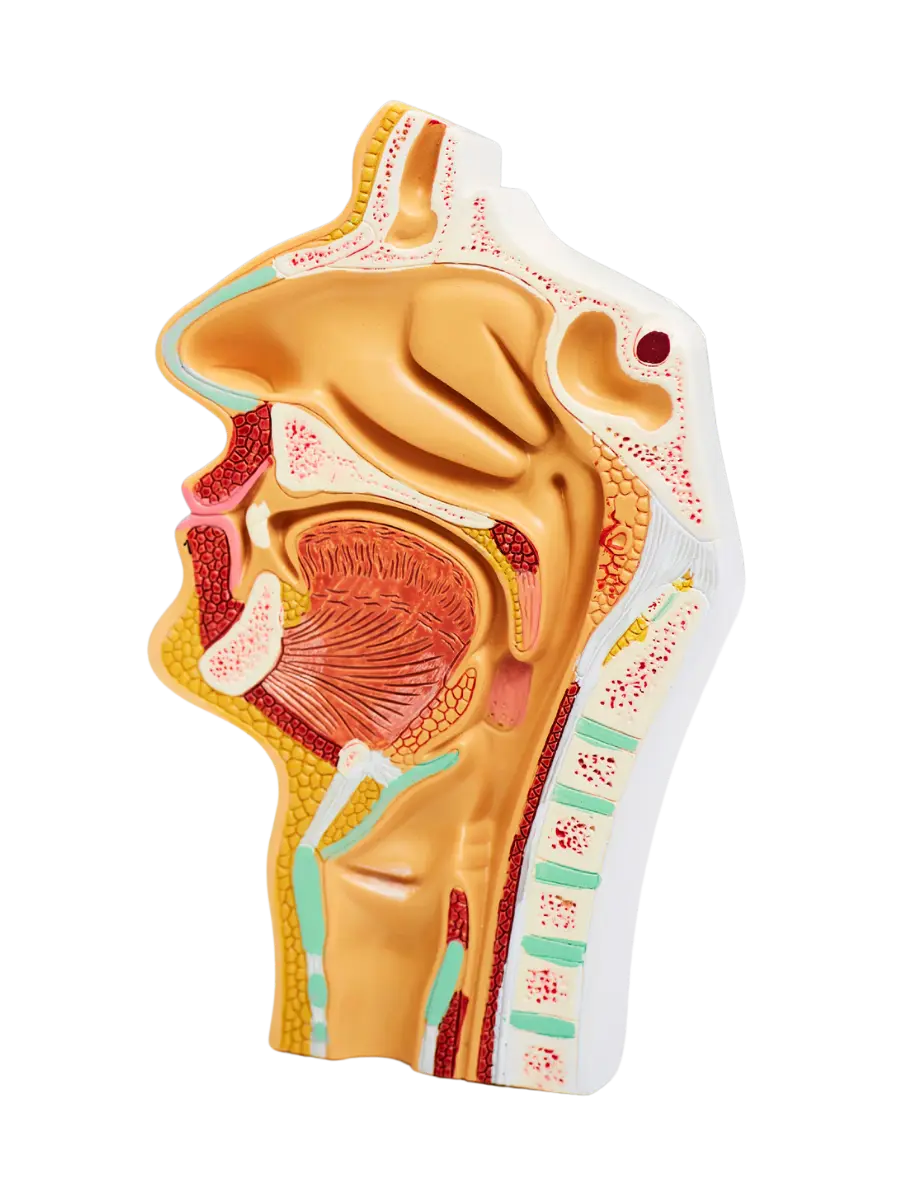
Allergies and foreign agents entering our ears can cause:
This can lead to an increasingly uncomfortable feeling in the ear and face area. Symptoms such as pain in the ear, fever, and difficulty hearing can occur.
The infection can lead to a build-up of puss or liquid in the ear.
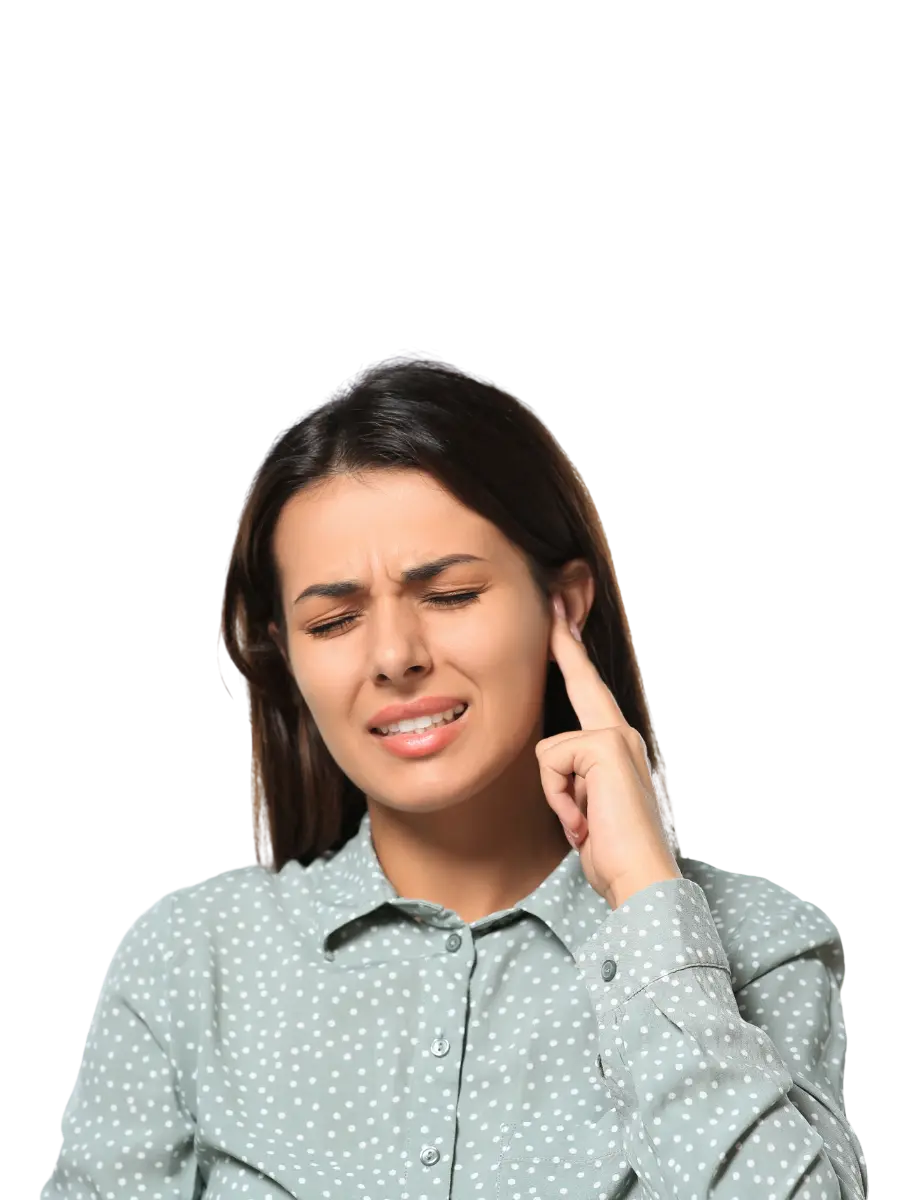

We have solutions for many common ENT symptoms. Whether you have a sore throat, ear pain, or a stuffy sinus, ClearSpring Pharmacy is here to help you!
Our pharmacists are knowledgeable and will help you get the relief you need.